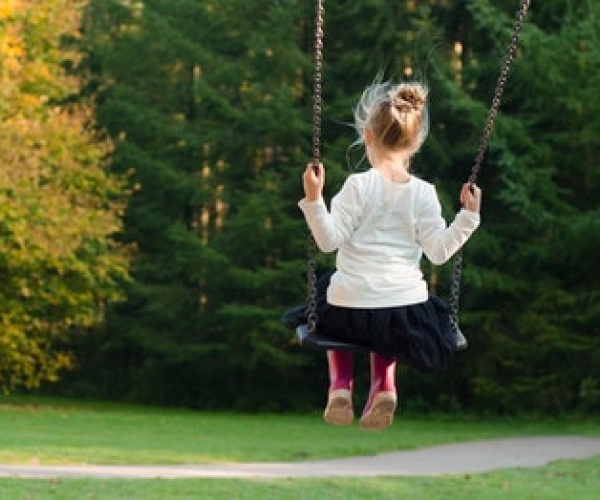OCD in children

For children and young people with OCD can be debilitating and distressing experience.
What is Obsessive Compulsive Disorder (OCD)?
OCD is characterised by obsessions and compulsions. OCD can typically develop gradually, and you may start to notice your child becoming more and more rigid about certain things and starting to become more distressed when rituals are interrupted. OCD may also appear following a stressful event or medical condition, where the OCD symptoms may have a rapid onset.
What are Obsessions?
Obsessions are intrusive, unwanted, distressing thoughts, images or urges that occur over and over again. Obsessions are involuntary and out of the child’s control. These obsessions include thoughts that are irrational and disturbing to the child.
Common forms of obsession include:
- Contamination obsessions
- Religious obsessions
- Perfectionistic obsessions
- Obsessions of harm
- Obsessions about symmetry
What are Compulsions?
Compulsions (rituals) are repetitive behaviours that the child engages in order to reduce the anxiety brought on by obsessions. While the compulsive behaviours and rituals may reduce the anxiety temporarily, they create an urge to complete the compulsions that become stronger over time. These compulsions become less effective over time, requiring further compulsions and becoming extremely time consuming for the child. As a result, these behaviours can get in the way of daily activities and functioning, including schoolwork, social and recreational activities and relationships with friends and family members.
Common Compulsions for Children and Young People include:
- Repeated hand washing, showering and cleaning
- Checking and rechecking
- Excessive reassurance seeking
- Tapping
- Counting
- Hoarding
Obsessions are thoughts, compulsions are actions or behaviours.
Treatment for OCD in Children and Adolescents
The good news is that there are effective interventions for OCD. The gold standard treatment for OCD is CBT with Exposure and Response (Ritual)Prevention (E/RP), which involves helping children learn, very gradually, that if they resist the urge to perform the rituals, their obsession and the discomfort associated with obsessions will diminish over time. Parents and family members play an important role in the treatment of OCD, and an essential part of therapy involves the family working together a team.
Supporting your Child
- All parents and family members should adopt a consistent approach in response to OCD.
- Keep in mind ways in which you may be accommodating your child’s OCD behaviour.
- Set boundaries around your engagement in ritualistic behaviour.
- Be mindful around whether you are feeding into the cycle of reassurance seeking behaviour.
- Use praise, rewards and modelling to encourage coping behaviour.
The Psychologists at Prosper Health Collective have experience in working with children and young people with OCD. If you or your child would like support around OCD, please contact the practice on 6381 0071.